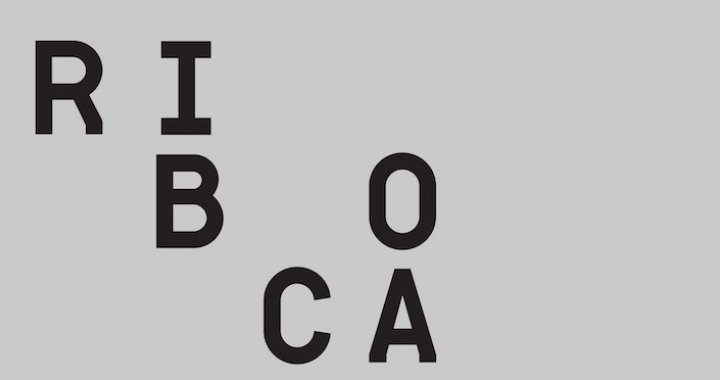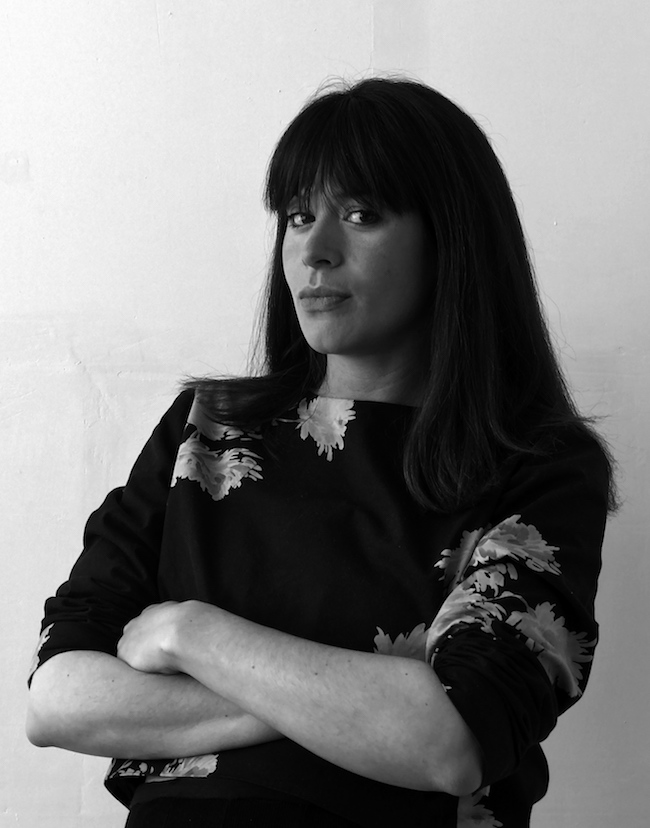
Reinventing Earth's future: RIBOCA2 announces the curatorial concept
The 2nd edition of the Riga International Biennial of Contemporary Art, curated by Rebecca Lamarche-Vadel, will focus on imagining and implementing new perspectives regarding the planet's future.
27/05/2019
During the Venice Biennale, the team of Riga International Biennial of Contemporary Art (RIBOCA) announced the curatorial concept for the 2nd edition of the biennial that will take place in 2020. Under the main curator Rebecca Lamarche-Vadel the biennial will look into the possibilities of positive future scenarios of a world that seems to be on the brink of its end.

The key theme of the 2nd edition, according to the curator, is looking into ways in which art can help us find optimism about the future while being engulfed into the “end of the world” narrative. After the modernity's idea of “progress” is no longer viable in the face of impending ecological, societal and economic disasters, the default response seems to be nihilism and pessimism. RIBOCA2 aims to change that by regaining an enchantment with the Earth and its future and recognizing humans as a part of, not rulers of, the world.
Rebecca Lamarche-Vadel was chosen to be the curator by the RIBOCA's advisory board consisting of Frank Lubbers, Taru Elfving, Victor Misiano, Maria Rus Bojan, Katerina Gregos, Kaspars Vanags and the founder and comissioner of the Biennial, Agniya Mirgoroskaya. “Lamarche-Vadel is definitely the one who shares RIBOCA's values,” Mirgorodskaya told Arterritory. “What I like most about her, is that she is brave to be optimistic, which is now so rare.”
Lamarche-Vadel is best known for her work as a curator in Palais de Tokyo in Paris from 2012 to 2019, that includes exhibition ON AIR by Tomás Saraceno that became the most visited show that Palais has ever seen. She is a graduate of Sorbonne University and has published articles in magazines like Frankfurter Allgemeine Zeitung, Monopol, Mousse, Cura and l’Officiel Art.
In a short conversation with Arterritory Lamarche-Vadel says: “I believe that artists and creators offer guides for unforeseen possibilities. The Biennial does not encourage moralistic positions, but rather reveals a multiplicity of thoughts and gestures that work as propositions for a more hopeful present. We are not witnessing the end of the world, but the end of a world, and it is vital to avoid a closed-off vision of the future to unlock alternatives. Vassily Kandinsky wrote that art contains within itself a “prophetic strength of awakening”, positioning the artist as a clairvoyant figure. Artists like Joseph Beuys, who contributed to the foundation of the green party in Germany in the ‘70s, is also key; he strongly believed that if we were to let creativity enter life, art could defeat both capitalist and socialist systems.
When asked about whether this concept does not hold a rish for the biennial to become too ideological, she says: “RIBOCA 2 makes no claims to idealism, but rather states that it is our responsibility to not fall into resignation. I believe that the so called “art world” has to wake up and take position, get involved in the vital changes of today. [..] The multiplicity of the artistic positions that will be presented encourage a polyphony of voices rather than one ideological position.
The concept of the biennial starts by accepting that the catastrophe has already arrived, and asks where do we go from here. The question of how we inhabit this world ethically, politically, and biologically, is at the core of this enquiry. As the philosopher Timothy Morton asks, "Ultimately, the ecological thought includes thinking about democracy. What would a truly democratic encounter between truly equal beings look like (...) can we even imagine it?””
She also stresses the reasons why she thinks Riga is a good place to think about the future: “The worlds have already “ended” several times in both Riga’s recent and distant history. The city has been hosting a coexistence of parallel spheres, languages and religions, where indefatigable vernacular traditions have thrived under shifting ideologies and have provided rich inspiration for incarnating re-enchantment. Riga and the Baltics have also been a zone of cultural entanglement for centuries, a bridge at the confluence of territories, where sensitivities and ideologies have been assembled and enmeshed since its very inception. Riga is a place of transition, a place where the future has always been fiercely challenging the present.”

From right: Agniya Mirgorodskaya and Rebecca Lamarche-Vadel at the RIBOCA2 announcement during the Venice Biennale. Photo: Ivan Erofeev
RIBOCA2 will be an event of a smaller scale than the 1st edition in terms of the number of artists and venues, however, Mirgorodskaya does not believe that its quality would in any way suffer. “We will still be focused on producing as many new commissions as we can, but due to the this year’s budget being significantly smaller, we will have half as many artists in RIBOCA2 which, of course, by no means that the quality of exhibition will be compromised,” says the commisioner. “It will be a very different show in its mood and message that’s for sure!”
The 2nd esition of RIBOCA will take place from May 16 to October 11, 2020.
